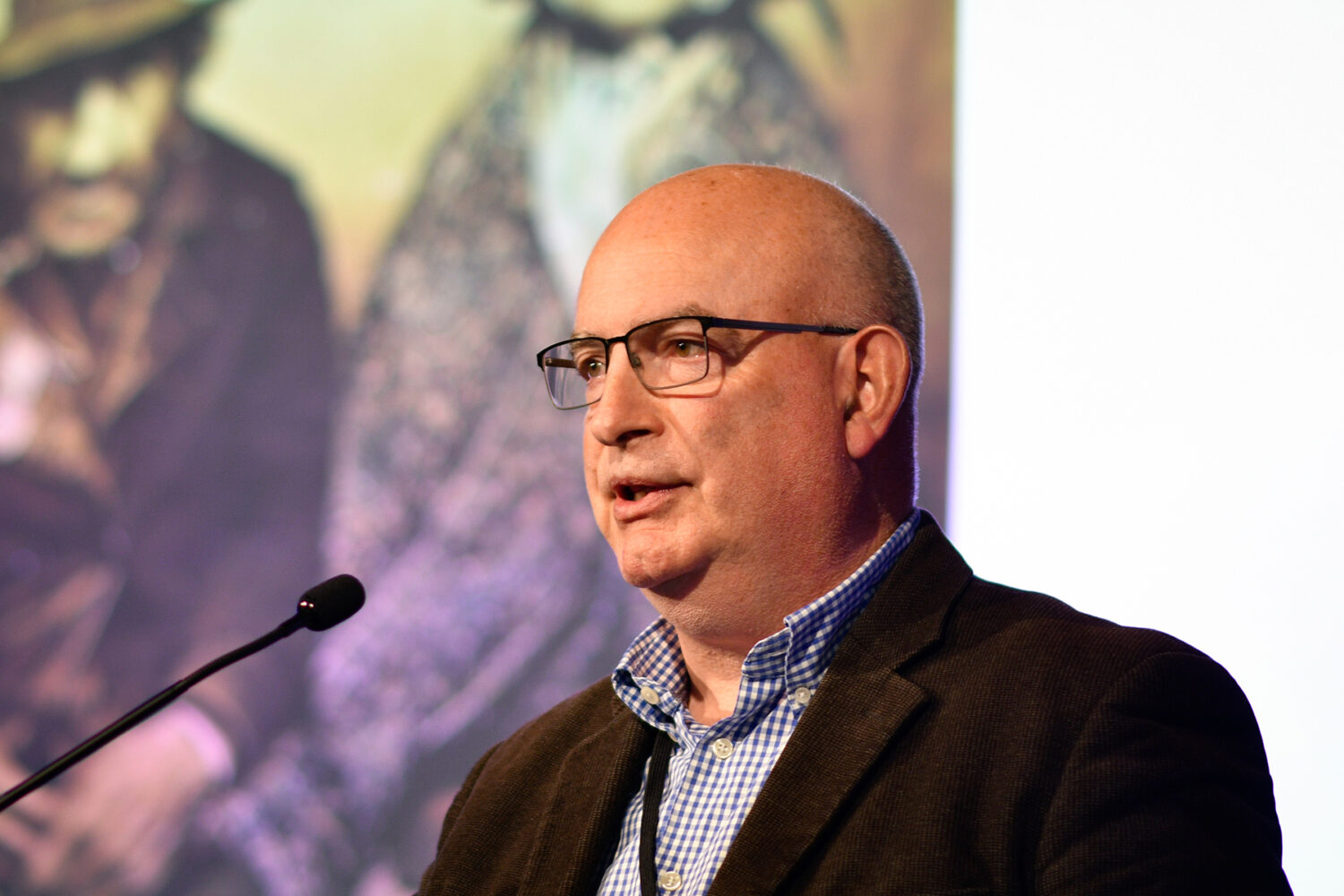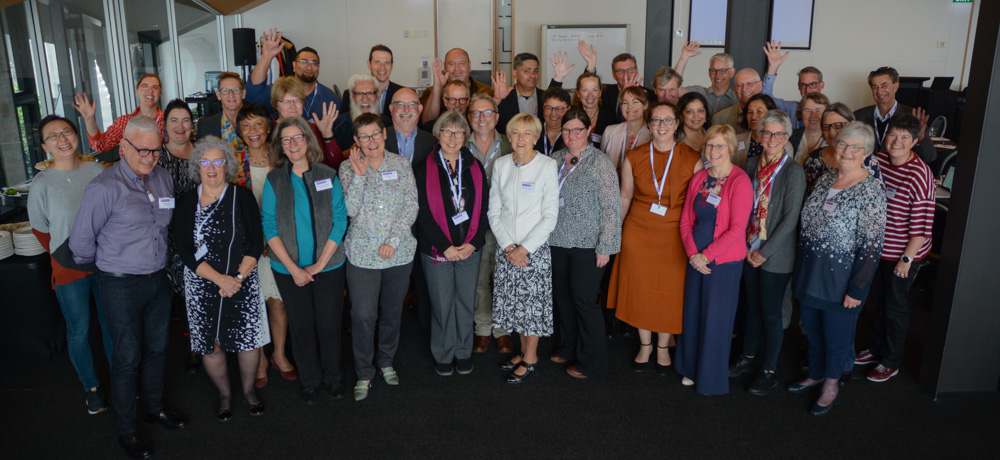In the latest issue of our newsletter, we hear some Matariki reflections from our Director, Professor David Baxter, discussing the end of Ageing Well research.
***
Kia ora.
Today is a momentous day as we mark the official conclusion or culmination of Ageing Well Research. It is also a fitting time that the contractual end of the eleven National Science Challenges at Matariki, the Māori New Year. It’s naturally a time for all of us to acknowledge the past, celebrate the present, and look to the future.
As a Challenge, we have been fortunate to bring together a phenomenal group of researchers from all over the motu to work across disciplines and institutions to capitalise on the opportunities presented by ageing in Aotearoa New Zealand.
In 2014, a group of researchers, led by those from the University of Otago, submitted a proposal to the Ministry of Business, Innovation, and Employment (MBIE) outlining the concept of ‘Ageing Well.’ Since then, we have made remarkable progress.
Initially, we focused on ‘doing science differently’. This approach involved embedding Vision Mātauranga in our projects and engaging with communities to start conversations about addressing specific issues. Soon, this progressed into broadening our scope, having community members join our whānau as researchers, merging our Kahui Māori advisory group with our Governance Group, and focusing on equity in ageing.
However, as we reflect on the evolution of our Challenge, we realise that the label ‘doing science differently’ no longer adequately describes us.
Over the life of the Challenge, we cultivated strong relationships with our community groups, researchers, ministry staff, and other stakeholders. This was due to the time we spent engaged in whanaungatanga and manaakitanga. The majority of Ageing Well projects feature community partners embedded in the research team who help drive the research kaupapa, ensuring it is tailored to its purpose, and the outcomes are practical and applicable.
Additionally, we have widened the scope of what defines ‘research’. Rather than funded research being solely based in Universities, our recent projects have been community-based and Māori-led. A novel initiative for the science research sector.
At Ageing Well, we have done science well and are proud to lead the way for other organisations to follow.
I would like to take this opportunity to acknowledge and thank our dedicated principal investigators, research teams, and community researchers for their mahi, expertise and commitment to our kaupapa. We have learned much from your multi-disciplinary research, commitment to kotahitanga, and willingness to expand beyond your comfort zone. Ngā mihi maioha ki a koutou e te kairangahau mō ō koutou kaha mahi.
To our community supporters and longtime readers of our newsletter, ngā mihi maioha ki a koutou. We have enjoyed many fruitful collaborations with nonprofit organizations, government departments, and kaumātua and community service providers. The depth and breadth of our whanaungatanga has been fruitful and we hope that will continue in some form.

